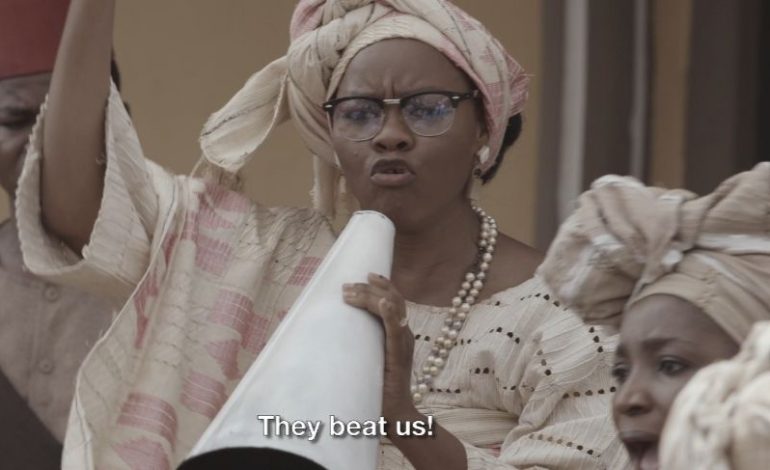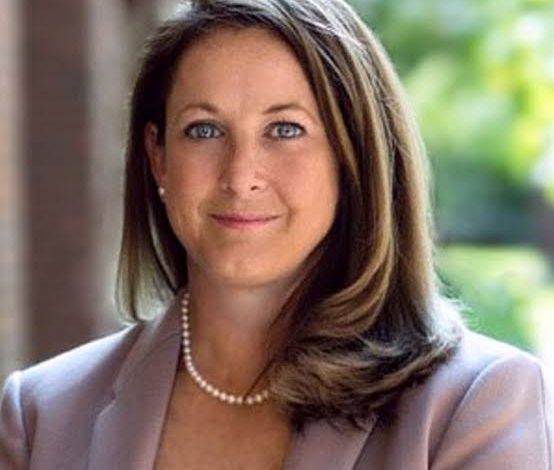From Dokubo Goodhead, it’s good ‘Mourning’ America

By Uduma Kalu
DOKUBO Melford Goodhead is a Nigerian poet, scholar, and researcher. A 1995 graduate of English Literature, University of Nigeria, Nsukka, he received his Ph.D. in English and MFA in Creative Writing from the University of Washington, and is a former professor of Interdisciplinary Studies at Spelman College. He lives in Atlanta, Georgia.
Mourning (Cornerstone Press, Wisconsin, US; 2022) is his debut poetry collection.
The blurb of the book describes the publication as, “Weaving factual and fictional stories about the lives of his loved ones, and those he looks to for strength, Dokubo Melford Goodhead’s Mourning is a meditation on the magnitude of loss. Powerful, raw, and elegiac, Goodhead’s collection is also a commentary on the plight of the Ijaw island people of the oil archipelago of the Niger Delta region of post-colonial Nigeria, where the country gets almost all of its revenue through the mining of oil and gas. Doubling as memoir and poetic exploration, Mourning sets its sights on nothing less than the human soul, and what we must do to protect it.”
Poet of the past, poet of the waters, poet of familiar things and the unfamiliar, famine, family and friends, Dokubo, powerfully lyrical, deeply nostalgic, brings the world into a head with mirrors of deaths, massacres, history – personal and impersonal.

In Dokubo’s Mourning, we come to grip with what we can say is the best language that vividly conveys our sense of loss, grief, pain, anguish. Dokubo presents man as a victim in a void searching for escape, digging into that void to heave out of it hope for man’s renewal. Through him, we see that every language of death must convey grief, no doubt. But it must find an anchor of hope, healing and restoration.
For him, the language of death should not lead us to despair. It must re-energize and renew us. It is like a loop tossed as a lead in a maze. It may be long and languid but it is never lost. At the end, the loop returns us to the beginning. But then, even that beginning is still not there as it continues somewhere in the labyrinths of meanings and meaninglessness. Are we in perpetual search then? Perhaps, yes, in a going and coming that goes on forever – loss and search. Do we ever find that loss? The answer is lost in the loop. Perhaps, that is the whole idea of our existence – to keep searching, to keep us busy.
This search for meaning expressed in the best language of death in Mourning exposes our vulnerability in this endless cosmos, our mortality in an imposing mass of eternity that binds all humanity.
The mortality of man diminishes man, Dokubo echoes the poet John Donne. Man is helpless in the face of death. This vulnerability is the crux of the African philosophy, Ubuntu – being self through others. Ubuntu drives Dokubo’s poetry. A rejection of this philosophy threw up the worst affront ever visited on man – racism, which through slavery, colonialism, apartheid, policies, etc has killed millions of people across the globe and still reins free, leading to the murder of George Floyd, which Dokubo laments in Mourning.
The agents that diminish man lurk and gnaw the depth of all mankind, and man is at the mercy of death which comes in several forms – terrorism (state and non-state), crime, murder, environmental and social, diseases such as Covid-19, etc.
Every death diminishes Dokubo that he descends into a mode. This mode gives Dokubo’s Mourning a sense of poetic autobiography that through his travails, trials, triumphs, travels, sights and sounds, his poetry is so real, and so close, his mood so sincere and simple without complexities and complications that we can touch and feel the depth of his emotions superbly transferred to us for renewal and redemption.
Will man ever be redeemed? Language experts think that language is everything; that language is the creator and re-creator of everything. This ability to create, recreate and renew is the trigger in Dokubo’s poetry, the truest language of the gods.
* Uduma Kalu, award winning journalist, critic and writer was the Literary Editor of The Guardian, Lagos



